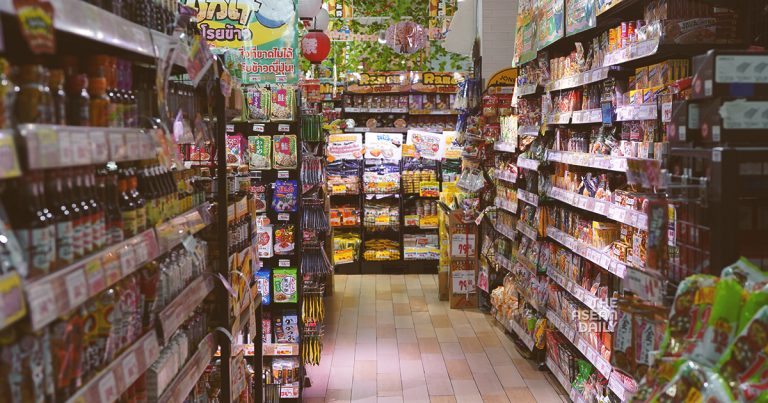25-8-2023 (SIGNAPORE) Singapore’s Food Agency (SFA) will not make any immediate changes to its stance on seafood imports from Japan, despite Japan’s recent release of nuclear wastewater containing radioactive elements into the sea on August 24, 2023. SFA has been closely monitoring food imports from Japan, including radiation surveillance, with satisfactory results.
In response to queries, SFA referred to a parliamentary reply by Minister for Sustainability and the Environment Grace Fu on August 3, 2023, regarding food safety risks and the environmental impact of the Fukushima nuclear wastewater discharge.
Minister Fu stated that SFA and the National Environment Agency (NEA) adopt a science-based approach to assess food safety risks and environmental impacts, respectively. Imported food is subject to SFA’s surveillance and monitoring regime, including radiation surveillance. Food products that do not meet SFA’s standards will not be allowed for sale.
According to Fu, SFA has closely monitored food imports, including those from Japan, and the surveillance results have been satisfactory. SFA’s approach aligns with an earlier media release from July 2023, indicating that no radioactive contaminants had been detected in food imports from Japan since 2013.
However, Fu emphasized that SFA would stay updated on international developments, expert reports from the International Atomic Nuclear Agency, and foreign food safety authorities to enhance its surveillance and monitoring efforts.
Fu noted that food imports from Japan accounted for less than 1.5% of Singapore’s total imports over the past decade, with imports from Fukushima prefecture making up less than 0.01% of Singapore’s total food imports in 2022.
Regarding seawater quality in Singapore waters, Fu stated that the NEA had assessed that Japan’s planned discharge of treated radioactive water from the Fukushima nuclear plant into the sea was unlikely to cause an impact. The NEA has been closely monitoring Singapore’s waters since 2019 through its environmental baseline radiation monitoring program. Fu added that the radioactivity levels in Singapore’s waters remained within natural background levels.
Both SFA and NEA will continue to closely monitor radiation levels in Singapore’s food imports and the environment, respectively.
Background: Japan announced on August 22, 2023, that it would begin releasing nuclear wastewater into the sea after diluting it to concentrations below national and international standards. TEPCO initiated the initial release on August 24, involving the dilution of 7,800 tonnes of wastewater with seawater over 17 days. The entire discharge process is expected to take approximately 30 years.
In response to the release, China halted all imports of aquatic products from Japan, and South Korea maintained restrictions on seafood imports from Japan.




